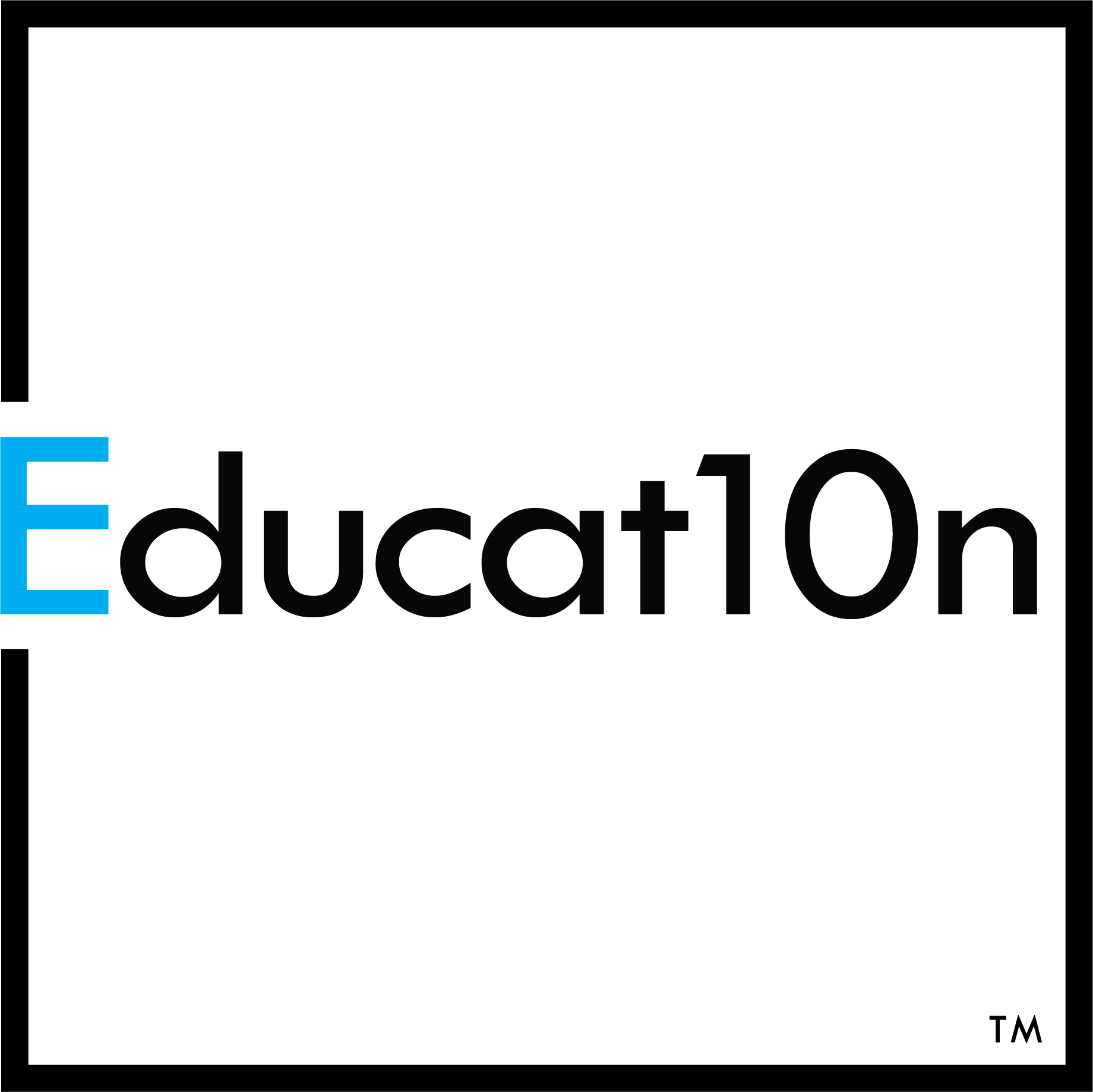Educational Programs & Applications
Developing new educational programs, training courses and methods for learning
The number one reason why Educat10n exists is to create and develop new educational methods that will have a significant and positive impact on people and society. Education is a huge industry which affects the lives of almost everyone on Earth. It gives people skills and opportunities, and this can change the course of their lives in a way that has an even bigger effect on the world around them.
When we take a critical look at the methods and tools that are used in education today, we see a massive amount of wasted potential. There are so many ways that teaching, training and self-directed learning could be improved. There are also many new technologies that offer a way to do this. The problem is that they’re not being used inventively, because the education industry relies upon tried and tested models that evolve slowly. We want to create some mini revolutions in educational methods.
Educational systems are complicated, and they affect a whole generation of people. This is largely the reason why change is slow, and why methods have failed to progress in the way that they could. It is often seen as a bold move when public education curriculums or teaching methods are altered, because it is seen as risky. This is partly due to public services such as education being politicised, both at the national level and within institutions. Decision makers and executives are under pressure to get results, either in terms of educational attainment or in terms of economic gains and cost-effectiveness. This creates a situation where experimentation is difficult, because failure is not an option. So the low risk option is to stick with familiar ways of doing things. But we believe that stagnation and a lack of educational progress is an even bigger risk to our society.

Priority Subjects & Topics
There are also several subject areas that we are especially keen to work in, and we will be developing some revolutionary new applications on these topics. If you would like to find out more or if you would like to collaborate with us to help make an impact in these areas, we would love to hear from you. You can follow the links below to find out more about each of these priority areas and how we hope to achieve a significant positive impact:
- Critical Thinking – Information processing and cognitive skills
- Mental Health – A preventative, positive and supportive approach across the whole of society
- Literacy & Language – Revolutionary learning methods in literacy, language acquisition, cognition and consumption
- Mathematics & Numeracy – Individualised learning that adapts to the student’s level and pace
- Physical Sciences – Interactive applications for physics, chemistry and biology
- Our World: Society & Culture – Explore geography, society and culture around the globe
Learning Theory – Zone of Proximal Development (Vygotsky)
This theory describes how people can improve their skills when they have assistance from good teachers, educational tools or learning resources. There are tasks that people can do without any assistance, and there are tasks that people can’t do at all (even if they have assistance). The zone of proximal development is the gap in between these two extremes, where people have the ability to make progress, if they have the help and guidance they need. Our aim is to create learning resources that make this zone as wide as possible so that learners are able to complete tasks that they otherwise wouldn’t be able to. High quality learning resources will enable people to take more from this experience, so they can then complete similar tasks independently.

Collaboration & Commissions
We take commissions and collaborate with other organisations to develop new educational applications. If you or your team would like to create a bespoke learning tool or an interactive educational program, contact us to discuss your ideas and objectives.
We also make applications for the visual arts, and for sharing data and evidence. You can see examples of our interactive projects on the Immersive Innovation YouTube Channel.
